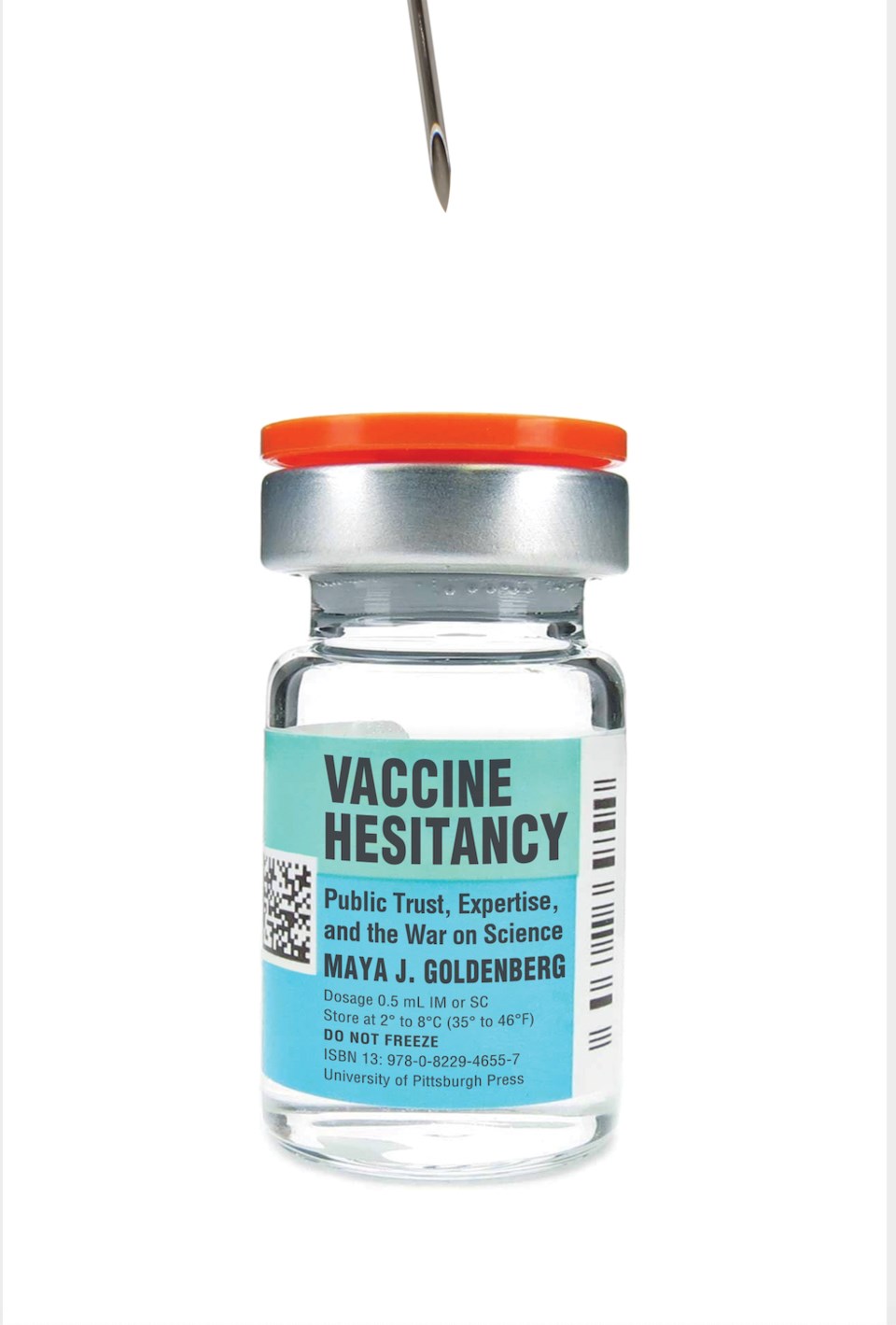Around one in 10 Canadians said they don’t plan on getting the COVID-19 vaccine, according to a new survey by the Centre for Addiction and Mental Health, raising questions about how health-care providers could best communicate the importance of getting the jab to skeptical patients.
Experts say the results are mostly encouraging, as they show a majority of Canadians are willing to get inoculated. But they raise the persistent issue of vaccine doubt and how hospitals, including CAMH, can best respond.
“Most patients and their families have been agreeable, in fact, enthusiastic” about the vaccine, said Dr. David Gratzer, a psychiatrist at CAMH. But he added the hospital, like other places offering the vaccine, has encountered some hesitancy.
Since Ontario’s vaccine rollout began, CAMH has been offering inoculations to staff and long-term patients. Gratzer said it’s now giving vaccines to short-term-stay patients as well, and has opened vaccinations to the public in line with eligibility criteria set out by the province.
CAMH is also the only hospital in the Toronto region to include people with a mental illness or substance-use diagnosis and those with dementia under its vaccine eligibility list. Gratzer said this is important as research shows people with a mental illness diagnosis, specifically schizophrenia, have a higher chance of dying from COVID-19 than the general population.
As of Monday, around 80 per cent of CAMH’s eligible staff has received the vaccine, said spokesperson Hayley Chazan. Those who declined cited reasons including medical conditions and vaccine confidence. A total of 3,339 doses have been administered at the hospital, Chazan added.
Hesitancy remains, however, as evidenced by CAMH’s most recent survey on Canadians’ mental health during the pandemic — which surveyed 1,000 people in late March in partnership with research company Delivinia, and found 11.8 per cent of respondents “definitely or probably would not get a vaccine.”
Gratzer said psychiatrists like himself have combated this hesitancy by regularly speaking with patients about any fears they have on the process or the vaccine.
“I talk to them directly as part of my ongoing work with them, as opposed to leaving a pamphlet in the room or … them receiving a non-specific email,” Gratzer said. “That connectedness with patients will help us get around some of the misinformation, and perhaps some of the mistrust.”
The survey also found that general fear of contracting COVID-19 has decreased since late November, from 29 per cent to 24.6 per cent. Dr. Tara Elton-Marshall, an independent scientist at CAMH, said this decline could be tied to both the vaccine rollout, but also general “COVID fatigue” that may have led some Canadians to let their guard down.
“With cases and hospitalizations on the rise and several provinces implementing more lockdown restrictions again, these data indicate the need for continued public policy messaging about maintaining vigilance,” Elton-Marshall said.
Despite the decline in fear of the virus, survey results reveal high rates of mental health struggles among Canadians are persisting as the pandemic continues, with one in five reporting moderate to severe levels of anxiety and depression in March, similar to rates last May.
The survey cited a margin of error of 3.1 percentage points for prevalence estimates of about 50 per cent of the total sample, 19 times out of 20.
Gratzer said the results show economic hardship and job losses are having an enormous toll on Canadians, with Ontario in its third stay-at-home order of the pandemic.
“When I talk with patients, people talk about the uncertainties about finances, about employment, people talk about job loss.”
He added people in essential jobs, people who survived COVID and those with pre-existing mental health conditions are at a higher risk of developing a mental health disorder because of the pandemic.
As the pandemic continues, Gratzer said he advises those noticing a deterioration in their mental health to seek more information about their symptoms and contact their family doctor if they persist.
Nadine Yousif is a federally funded Local Journalism Initiative reporter at the Toronto Star

.png;w=120;h=80;mode=crop)
